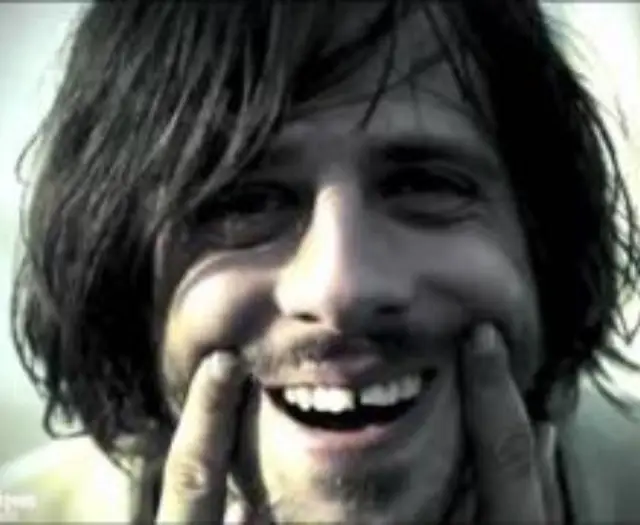From a young age, Eyedea's potential was evident. He began writing poems in kindergarten, displaying poetic prowess and an early penchant for performing. At just six years old, he and his friends formed a fictitious band, complete with makeshift wooden instruments, entertaining friends and family. As he grew from childhood into adolescence, Larsen's non-conformist sensibilities often put him at odds with authority figures. He was fiercely independent and willing to fight for what he thought was right. This independent spirit went on to fuel his unique brand of artistry.
Larsen attended Highland Park Senior High School in St. Paul, where his creative focus deepened and his lyrical abilities began to set him apart. His foray into hip-hop brought remarkable achievements early on. As a teenager, he gained recognition by winning prestigious freestyle rap battles, including the 1999 Scribble Jam—a feat he accomplished at just seventeen years old. He followed this up by winning HBO's Blaze Battle and the Rock Steady Anniversary competition the following year, establishing himself as one of the era's most formidable freestyle MCs.
He created significant, highly skilled recordings in his bedroom during his early to mid-teens, and much of the material for his later effort, The Many Faces of Oliver Hart, was written before he graduated high school. Released under his solo alias Oliver Hart, the album was entirely self-produced and has become a cult favorite in underground hip-hop circles. According to some accounts, he turned down major label interest, including unverified rumors of a P. Diddy approach, choosing instead to release his music independently through Rhymesayers Entertainment, later founding his own imprint, Crushkill Recordings, to maintain complete creative control.
In 2001, Eyedea & Abilities unveiled their debut album, First Born, a project that showcased Larsen's philosophical and introspective lyrical style. This was followed by their second album, E&A, in 2004, where his growth as an artist showed a more polished and focused direction.
Larsen's approach to music was always boundary-pushing, symbolic of his commitment to impact people regardless of the medium he used. In 2006, Eyedea temporarily stepped away from the underground hip-hop scene to explore various side projects, including punk rock with the band Carbon Carousel and improvisational jazz rap with the ensemble Face Candy. These creative efforts met varied reactions from his fanbase, and this period was marked by personal struggles as he grappled with mental health challenges.
Eyedea & Abilities reunited two years later to create their album By the Throat. Released in 2009, the record became their most critically acclaimed work and reached #9 on Billboard's Heatseekers Albums chart. It was the culmination of Larsen's years of experimentation, with him infusing his side projects' influences into the duo's signature sound. Unfortunately, By the Throat would be their final album together.
On October 16, 2010, at age twenty-eight, Larsen was found lifeless in his St. Paul apartment, the victim of an accidental overdose. Struggling with insomnia and depression, he had combined prescription medications with alcohol in an attempt to sleep. In response to misconceptions about his death, his mother emphasized that this was an isolated accident—not the result of habitual drug use—and that the tragic combination of substances likely led to his suffocation.
The local music scene was rocked by his loss but quickly banded together to celebrate everything Larsen was: a brilliant, intuitive, personable person, wonderful friend, and massively talented artist. On November 9, 2010—what would have been Eyedea's twenty-ninth birthday—they celebrated his life in First Avenue's Mainroom. A capacity-filled crowd turned out to honor Eyedea and listen to performances from his friends, a veritable who's who of Twin Cities underground hip-hop and beyond.
Commemorative tributes for Larsen have continued over the years. Multiple memorials have been dedicated to his memory, including a park bench in St. Paul's Cherokee Park on October 16, 2011, and a mural on the side of his grandparents' Como Avenue auto repair shop in October 2018.
Eyedea’s significance wasn’t just in his technical skill, but in his refusal to play by hip-hop’s commercial rules. He turned down major label deals, walked away from battle-rap fame to explore punk and jazz, and never treated underground credibility as currency. He died at 28 after years of severe insomnia, underscoring the personal battles his work so often explored.
 Minnesota Then
Minnesota Then

